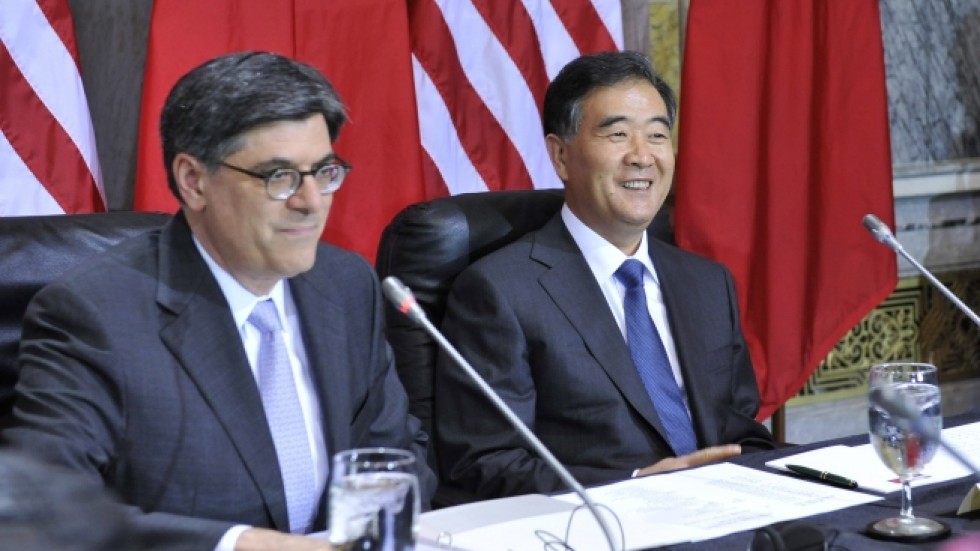US-China investment treaty faces uncertainties
Global Times | 25 October 2016
US-China investment treaty faces uncertainties
By Wang Cong
A Bilateral Investment Treaty (BIT) between China and the US might have to wait until after the US election and a new president takes over the White House in January, despite positive progress in the negotiation process, analysts said on Tuesday.
Earlier media reports suggested that the US-China BIT talks might have entered the last stage before being completed, following a recent phone call between Chinese Vice Premier Wang Yang and US Treasury Secretary Jacob Lew.
The phone call between Wang and Lew might have covered the BIT talks, and might be a signal that the completion of the treaty is imminent, domestic financial news portal yicai.com reported on Monday, citing unnamed insider sources.
Wang spoke on the phone with Lew on Sunday night, the Xinhua News Agency reported, saying that the two leaders exchanged views on relevant issues regarding the China-US economic relationship.
Positive progress
However, some analysts suggest that such a call does not necessarily mean the completion of the BIT talks, even if the two leaders did address the issue.
"The BIT is an important issue for the economic ties between China and the US, and it is natural they might have brought it up during the phone call," said Chen Fengying, a research fellow at the China Institutes of Contemporary International Relations (CICIR).
"But to say that the phone call, in any way, suggests the end of the BIT talks is far-fetched," Chen told the Global Times on Tuesday.
However, "it seems both sides are now satisfied with the negative list," she said, pointing to recent exchanges covering the issue.
Talks of the bilateral treaty based on pre-established national treatment and a negative list approach have been going on for three years since July 2013. The latest and 29th round of talks was held in Washington from September 19 to 23, according to a statement released by China’s Ministry of Commerce (MOFCOM) following the talks.
"The third negative list both sides exchanged in recent days has shown major progress in improvements and offers, and fresh results have been achieved in all aspects of the negotiations," the MOFCOM statement said. "Both sides vow to carry forward the negotiations to agree on a mutually beneficial, win-win and high-level treaty."
Negotiation uncertainties
However, the completion of the negotiations still face a number of uncertainties, given the current political climate in the US with a presidential election that has revealed an anti-trade deal sentiment in the country and with President Barack Obama’s short time left in the White House, according to Jiang Yong, a research fellow at CICIR.
"It seems the US is not interested in any business deals with other countries, and certainly a BIT between China and US is not high on the US’ agenda," Jiang told the Global Times Tuesday. "And Obama simply has no more room and time to focus on and finish the negotiations," he said, noting that the completion of the BIT during Obama’s times would be "practically impossible."
Even if negotiations between the US and China were to come to a close, there is still the risk that the BIT would not be implemented, according to Jiang.
The BIT will still need to gain approval from the US Congress and be implemented by the next president.
"Who knows what will happen then. Just look at the TPP," Jiang said, referring to the Trans-Pacific Partnership, which has concluded negotiations but still faces tough scrutiny in the US Congress.
Chen also suggested that completion of the BIT negotiations should wait until after the US election, so "China can have a better idea of how to move forward."






